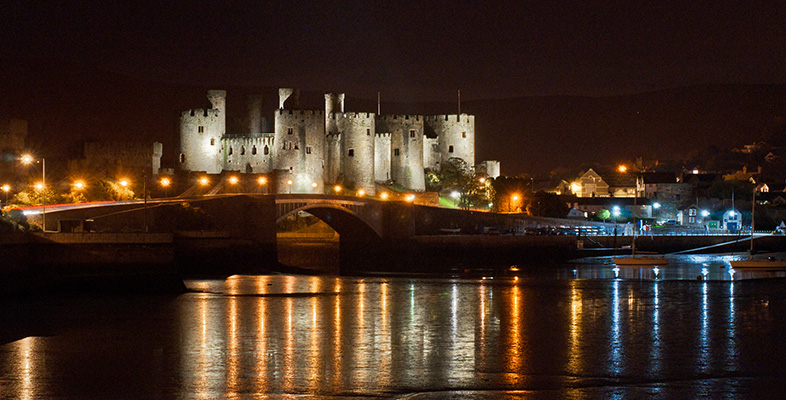7.3 Conclusion
- Some believe that symmetry exists between ‘Labour’ and ‘Welsh’ values.
- The harsh economic conditions of the 1980s, and the prolonged period of Conservative rule, re-kindled the devolution debate.
- Some politicians who had opposed devolution in the 1970s changed their minds over the issue around this time.
- Following Labour’s return to power in 1997, devolution was approved, but by a very small majority.
- In Welsh Assembly elections, Labour’s domination of Welsh politics has been secure.
- Since 2001, Labour has attempted to re-define its values, to meet distinctive Welsh needs.
- It is widely accepted that the Labour tradition has to adapt and change to meet the aspirations of twenty-first century Wales.
In the course of this section, we have looked at the origins and development of a political tradition that has shaped Welsh politics and society for nearly a century. As we have seen, there was much more to the Labour tradition than simply the politics of the coalfield. The Labour tradition – a radical tradition – cut deep into the Welsh psyche, representing social, cultural, linguistic and political aspirations that often cut across boundaries based on social class. At times, as we have seen, Labour values and Welsh values were indistinguishable from one another, blurring contested notions of identity in different parts of Wales.
I want to finish where we started, with the Martin Kettle article in The Guardian in September 2009. Kettle concluded his article by arguing:
Maybe this scenario is cast too dramatically ... any claim that Wales is a Conservative nation now – especially based on the support of fewer than one voter in three – is ridiculous. But the idea that it is still a Labour nation is increasingly ridiculous too. As Labour prepares to choose a successor to Rhodri Morgan, its admirable Welsh leader who is 70 this month, Welsh politics is changing fast. Land of my fathers no more.
The scenario need not seem so pessimistic. Labour representatives are alive to the challenges ahead. The party needs the personalities and the policies to re-invent or re-shape the tradition, to rekindle its relevance to ordinary people living in north and south, Welsh-speaking and anglicised, Wales. If it can do this, as optimists suggest, we may still be debating the merits of the Labour tradition in another half-century.
